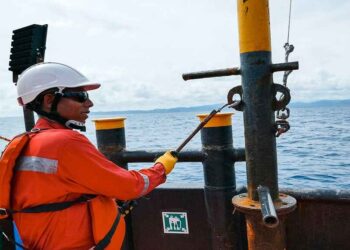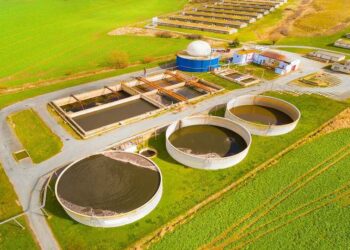SIOUX FALLS, S.D. (AP) — The operator of the long-delayed Keystone XLcrude oil pipeline on Monday formally asked South Dakota’s utility regulators to recertify the portion of the project that runs through the state.
The Public Utilities Commission must recertify that the conditions for construction of that portion of the pipeline haven’t changed since the permits were first issued in 2010. State rules dictate permits must be reapproved if the construction of the project does not start within four years of their issuance.
The proposed project by TransCanada Corp. would transport oil from Canadian tar sands through Montana and South Dakota to Nebraska, where it would connect with existing pipelines to carry more than 800,000 barrels of crude oil a day to refineries along the Gulf Coast.
The recertification process will include commission meetings and hearings that will be open to the public and will allow any individual or group to submit written comments. The procedure will also let interested groups seek party status from the commission.
Party status allows an area city, county, governmental agency, nonprofit organization or individual to cross-examine witnesses and take part in the discovery process. The commission has set the deadline to apply for party status for Oct. 15.
The operator of the nearly 1,200-mile pipeline said its proposed project continues to be in full compliance with the conditions attached to the permits approved on June 29, 2010.
“What we are doing is providing a petition that shows that if anything, the conditions are better than they were previously,” Corey Goulet, the president of Keystone Projects for TransCananda Corp, said earlier this month. He added that the construction conditions have improved in part because of the dozens of federal stipulations imposed on the project since it was first approved by the state regulators.
Supporters of the pipeline say it will create thousands of jobs and aid energy independence, but environmentalists warn of possible spills and say transporting oil will eventually contribute to global warming.
Opponents of the project in the state, including the group Dakota Rural Action, have vowed to fight the recertification.
“While TransCanada would have everyone believe that certification will be a simple matter of submitting their application to the PUC, Dakota Rural Action members and landowners feel otherwise and will be contesting the need for the KXL and fully expects the PUC to hold extended hearings on the permit,” the chairman of the opposing group, Paul Seamans, said in a statement.
The company says the project would generate $20 million in taxes per year for the counties through which the pipeline would run, as well as 4,200 jobs in the state and about $200 million in wages associated with those jobs.
The Obama administration said in April it was putting off its decision on whether to approve the pipeline indefinitely. A decision now isn’t expected until after the November elections.

















































